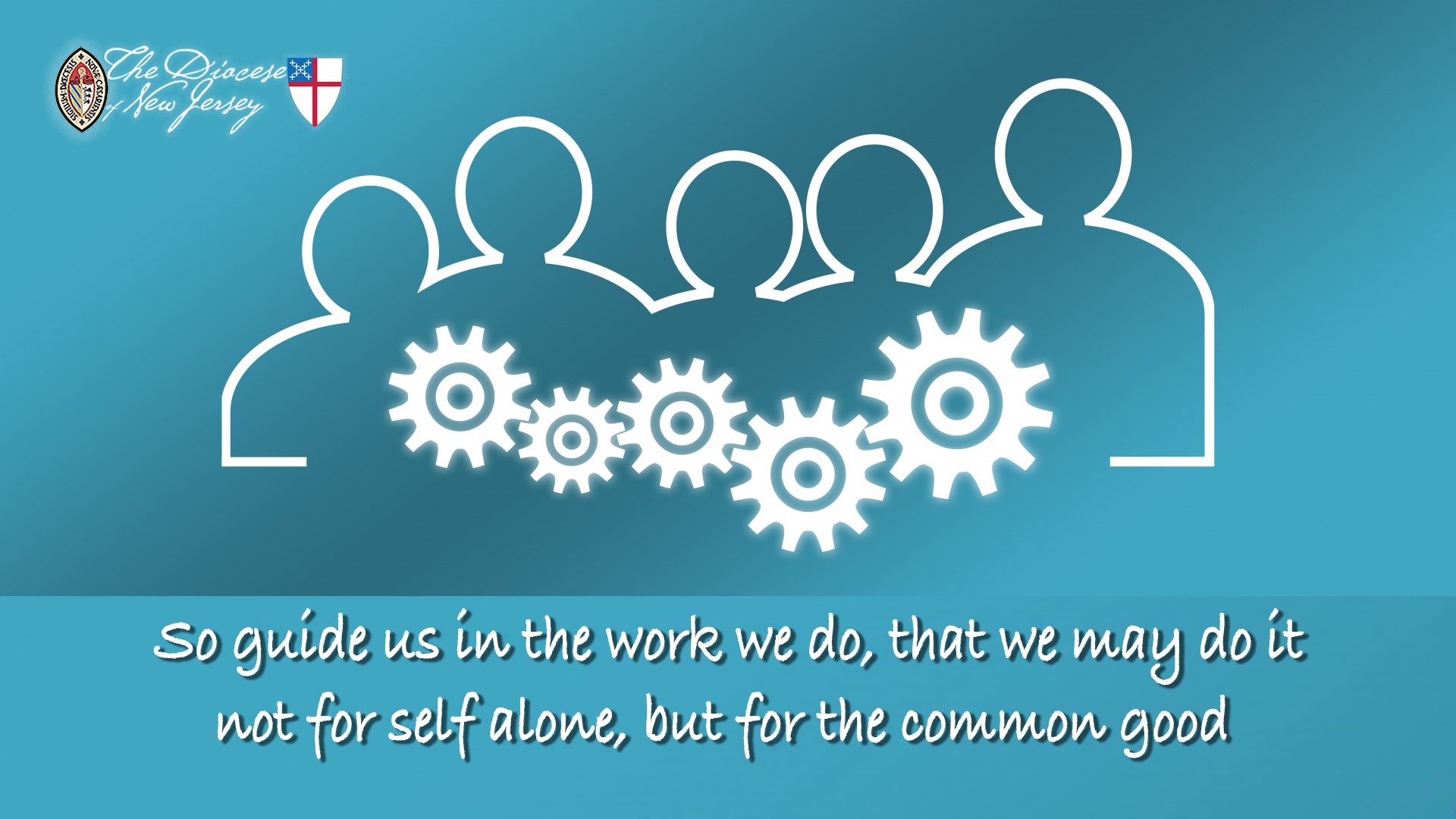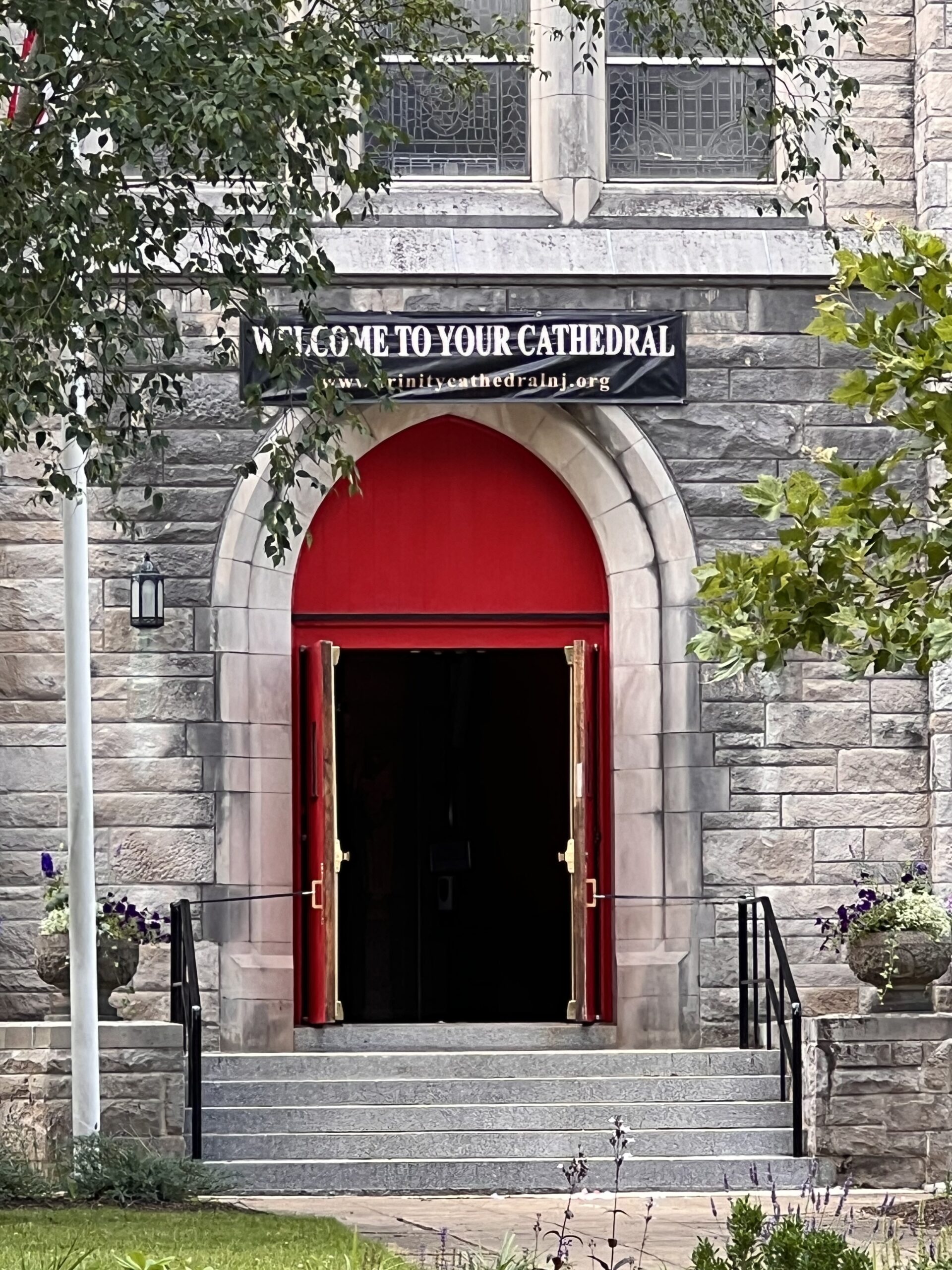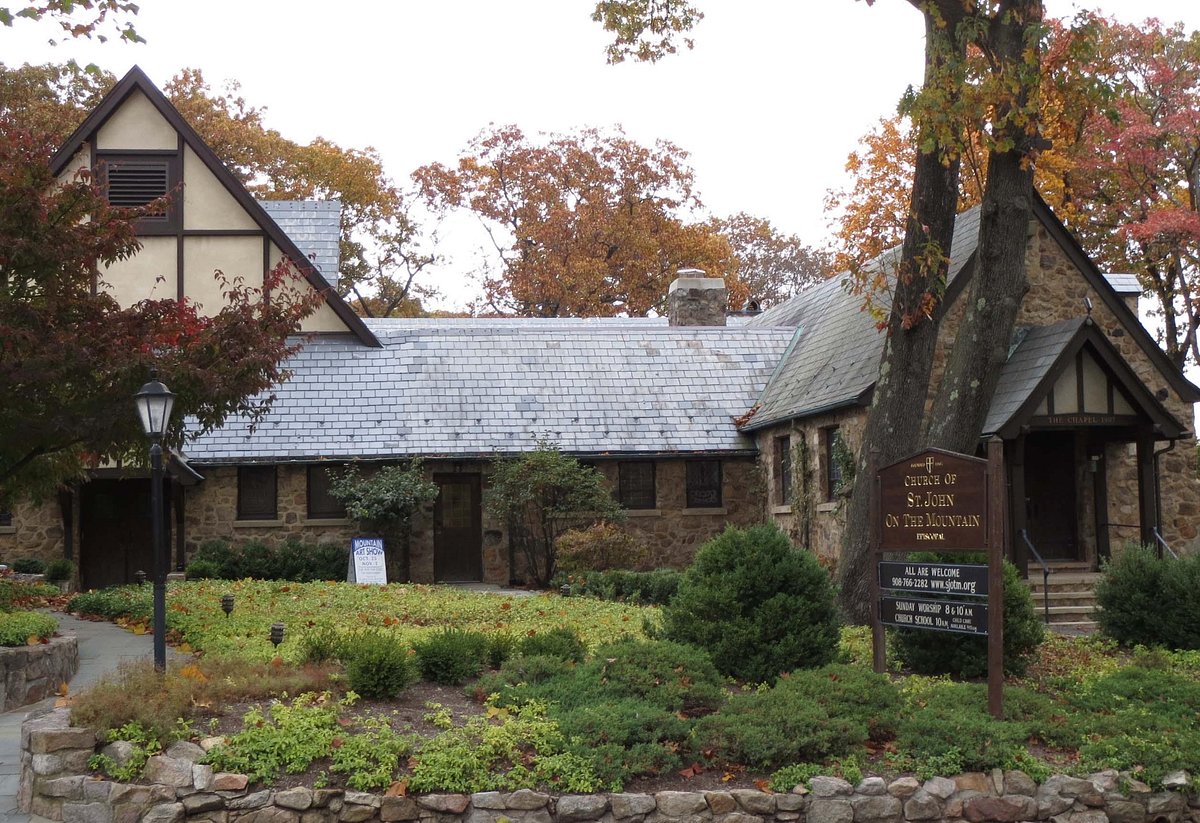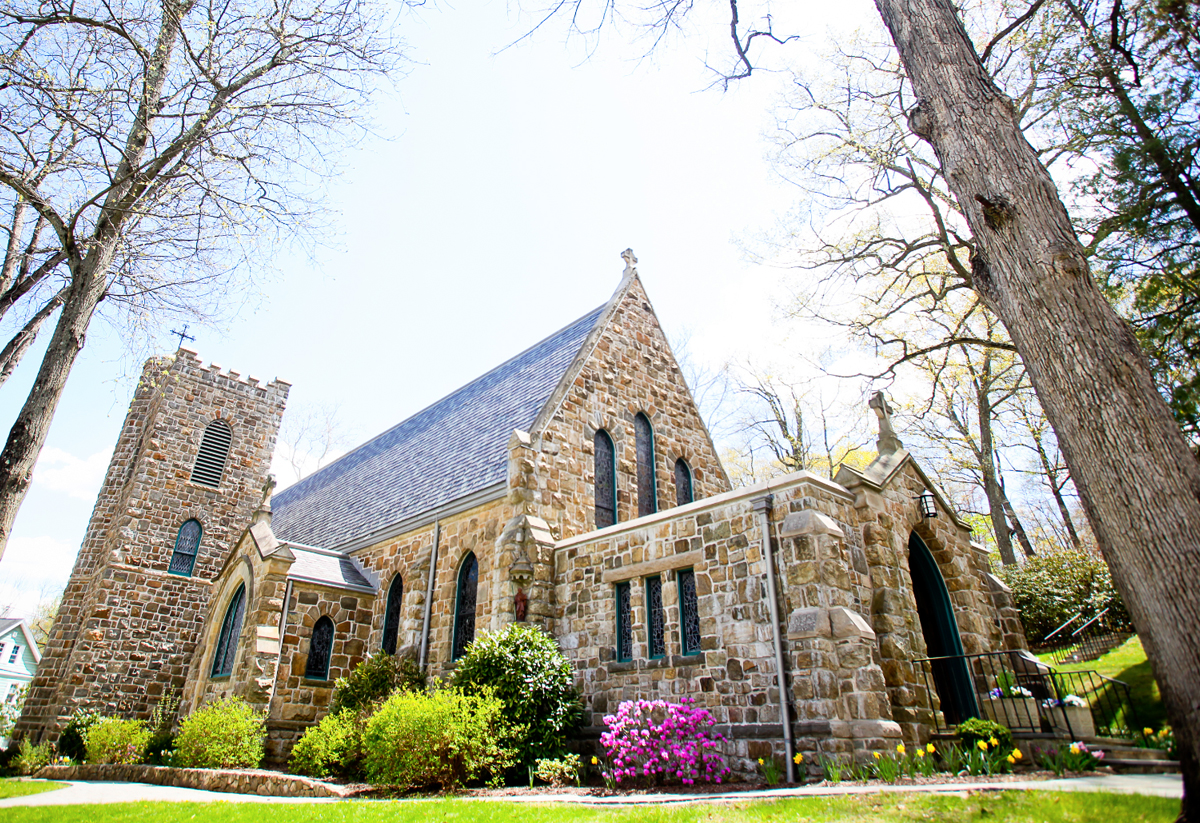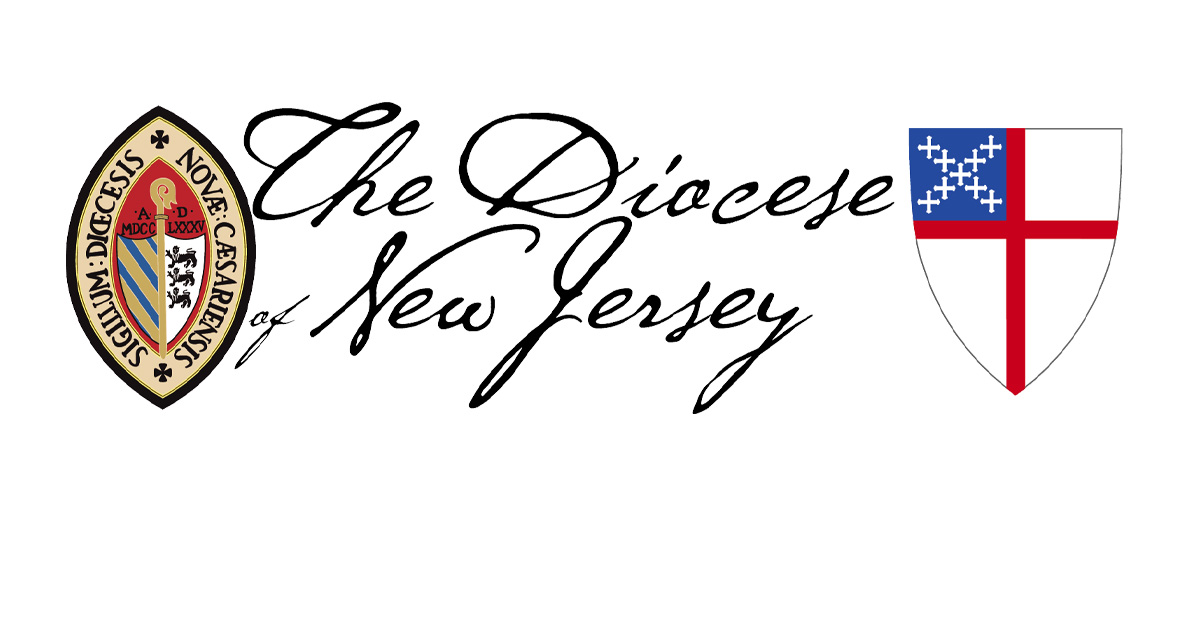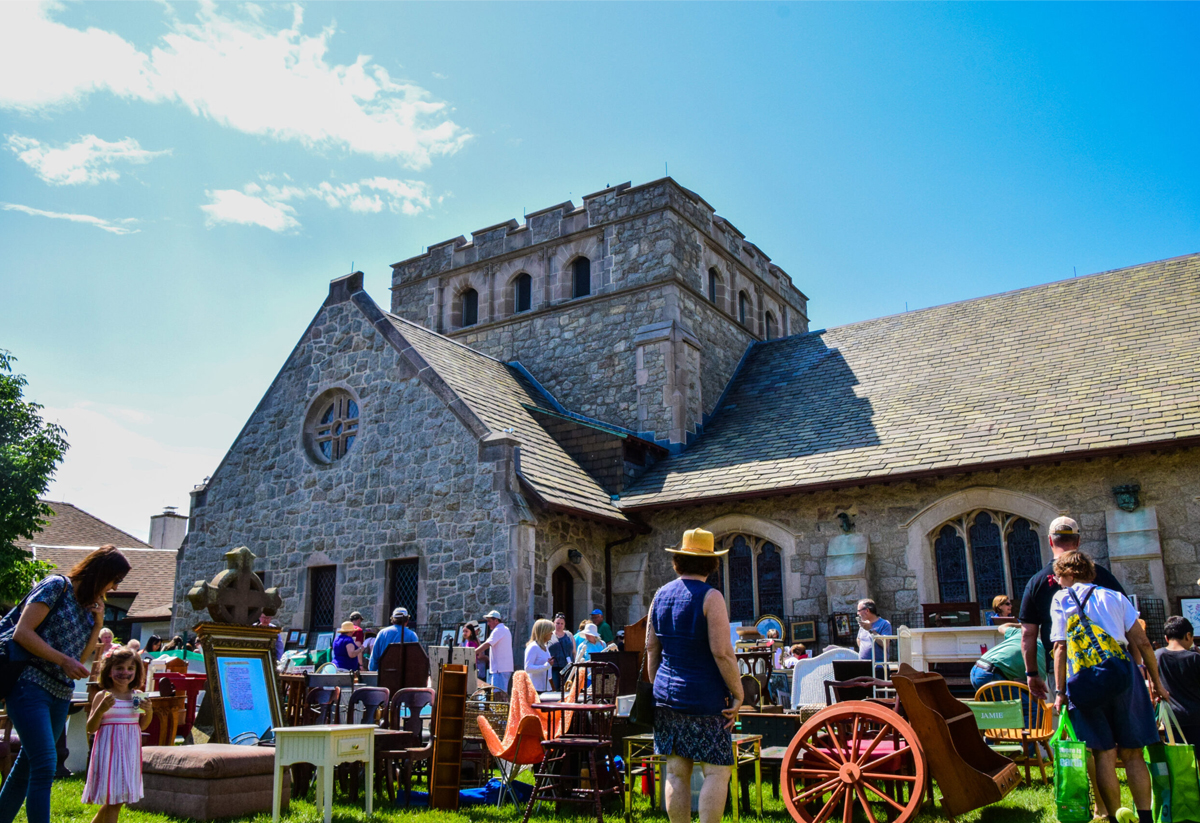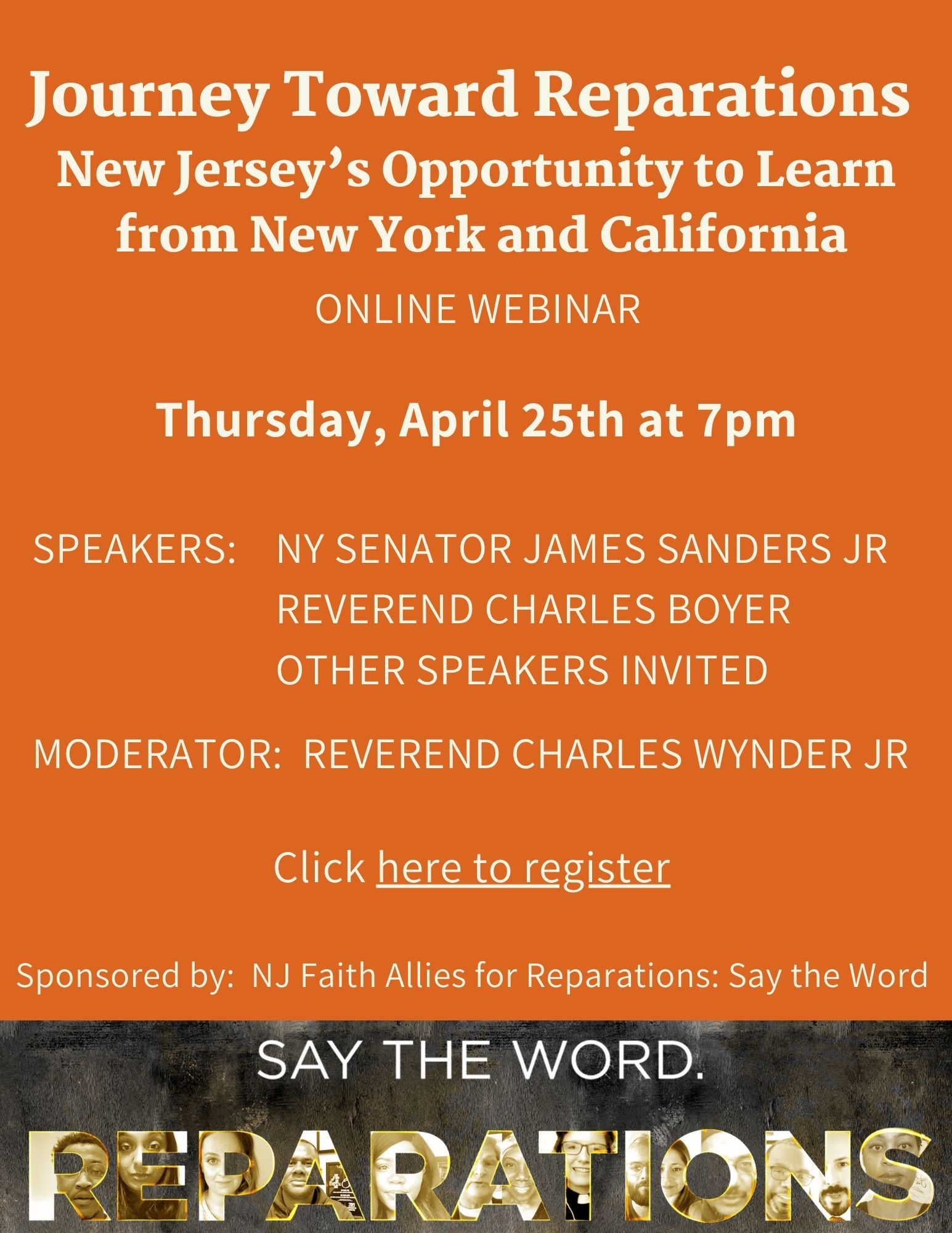Dear People and Friends of the Diocese of New Jersey,
People go out to their work, and to the their labor until evening—Psalm 104:23
Labor Day is upon us. It’s the unofficial end of summer. There will be last flings for many “down the shore.” Many will be purchasing school clothes and supplies this weekend, or cars, or other consumer items, talking advantage of the ubiquitous sales across the nation and the internet.
With so many distractions, it is easy to forget the meaning behind Labor Day. According to the U.S. Department of Labor’s website, Labor Day “is an annual celebration of the social and economic achievements of American workers. The holiday is rooted in the late nineteenth century, when labor activists pushed for a federal holiday to recognize the many contributions workers have made to America’s strength, prosperity, and well-being.”[1] According to this same site, the first Labor Day was a state observance in New York, celebrated on Tuesday, September 5, 1882. Labor Day became a federal holiday on June 28, 1894, after President Grover Cleveland signed a law establishing the observance on the first Monday in September of each year.[2]
Our collect for Labor Day in The Book of Common Prayer suggests the deeper significance of the day.
Almighty God, you have so linked our lives one with another that all we do affects, for good or ill, all other lives: So guide us in the work we do, that we may do it not for self alone, but for the common good; and, as we seek a proper return for our own labor, make us mindful of the rightful aspirations of other workers, and arouse our concern for those who are out of work; through Jesus Christ our Lord, who lives and reigns with you and the Holy Spirit, one God, for ever and ever. Amen. (BCP, p. 261).
This collect captures the ideals that undergird Labor Day and that should undergird the respect and regard we have for one another in our society. It points to our essential interdependence, recognizing that all we do, “for good or ill,” affects all other persons. It underscores the vital need for common purpose and a “common good” to which we all should work and contribute. The collect invites, indeed urges, us to look around and see those in our common life who toil at the work they do, who deserve fair wages for their work, or who aspire to grow in their lives, as well as to see those who are not able to work for whatever reason; to be concerned about them and responsive to their needs.
The values upheld in this collect are an important corrective to the hyper-individualism and selfishness which too often mark and mar our society. In our home, we pray the Collect for Labor Day at the evening meal (usually a barbecue) as a part of grace on Labor Day. I offer this to you as a suggestion for your own home and Labor Day celebrations.
God bless you and keep you. Have a blessed and safe Labor Day weekend.
In Christ,
 The Right Reverend William H. Stokes
The Right Reverend William H. Stokes
Bishop of New Jersey
_____________________
Notes
[1] See “History of Labor Day” – Department of Labor website at https://www.dol.gov/general/laborday/history
[2] See above

